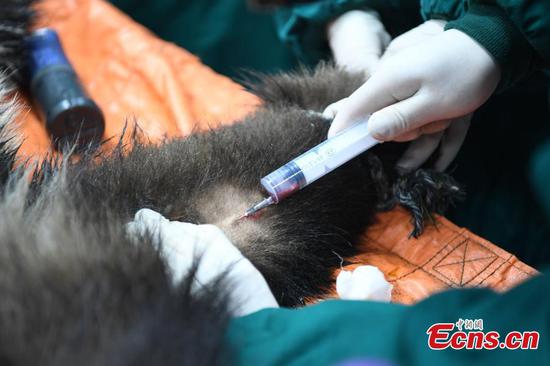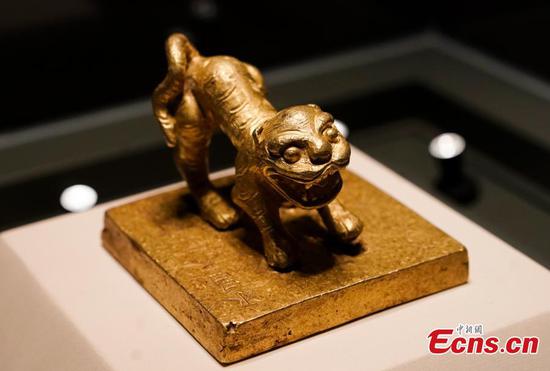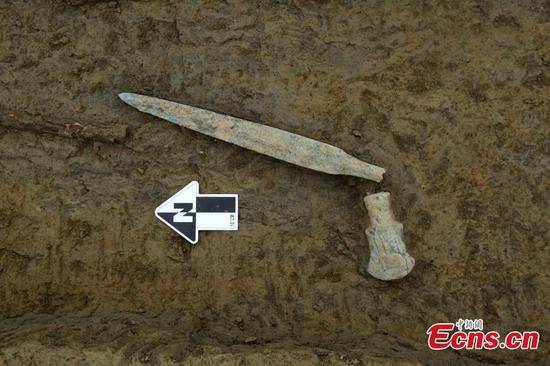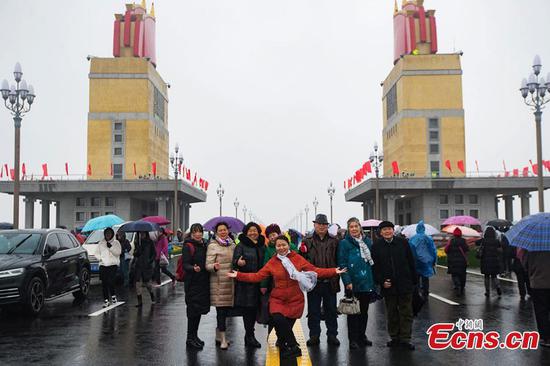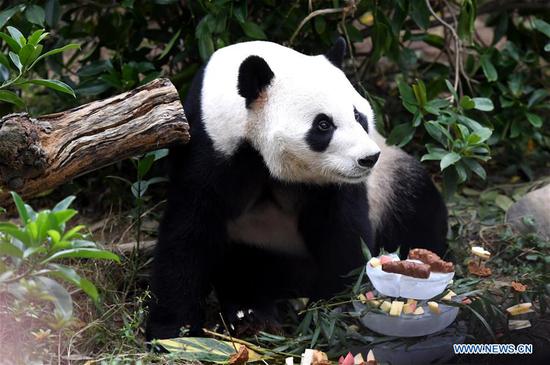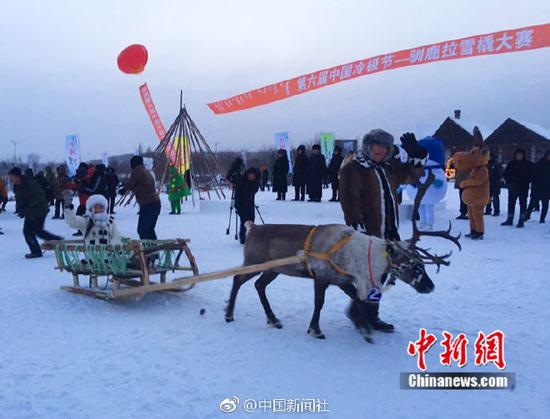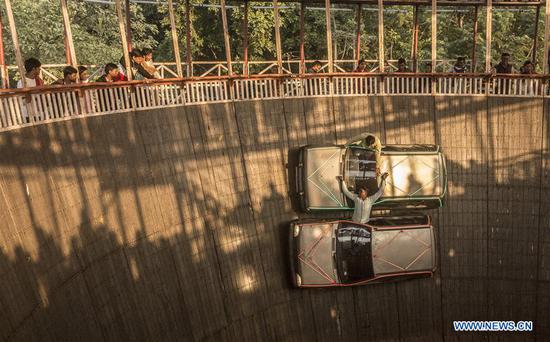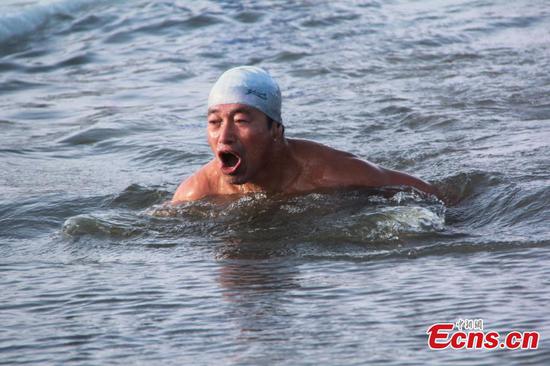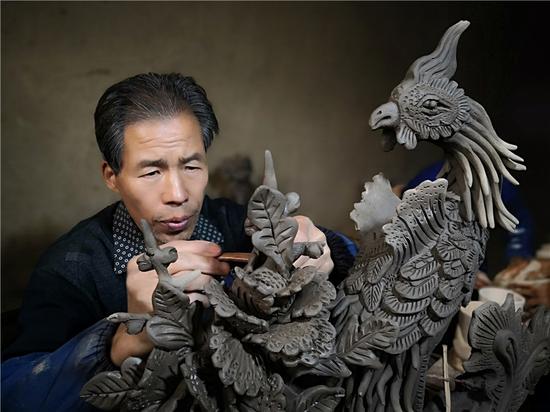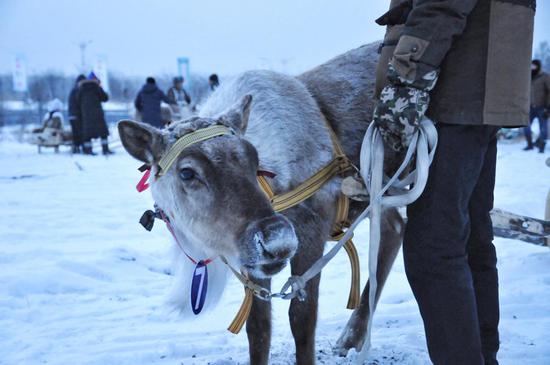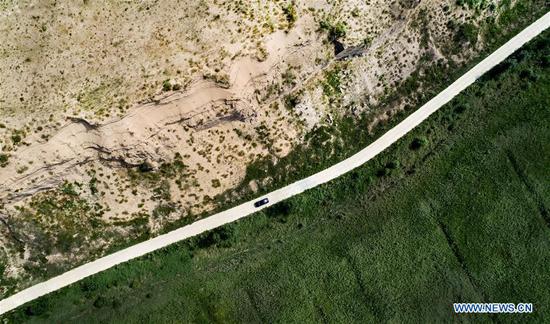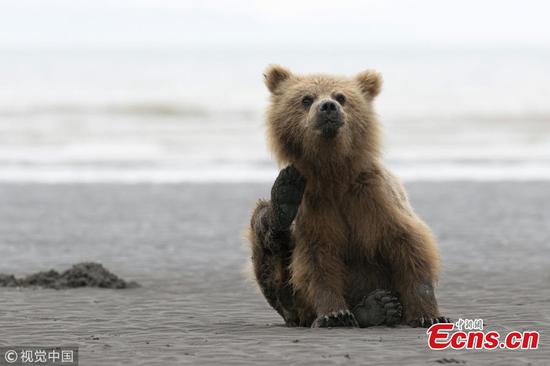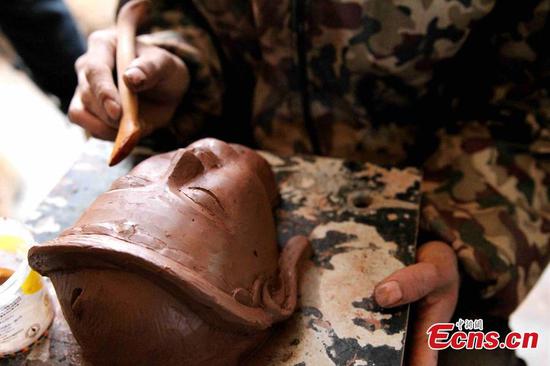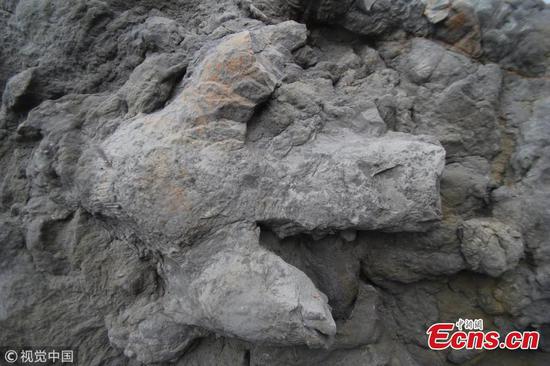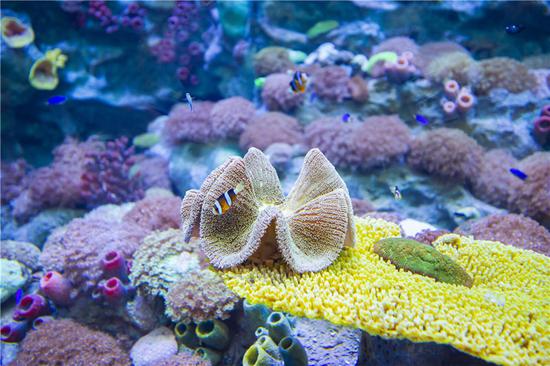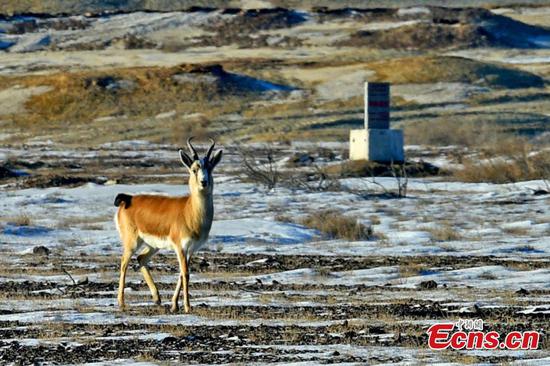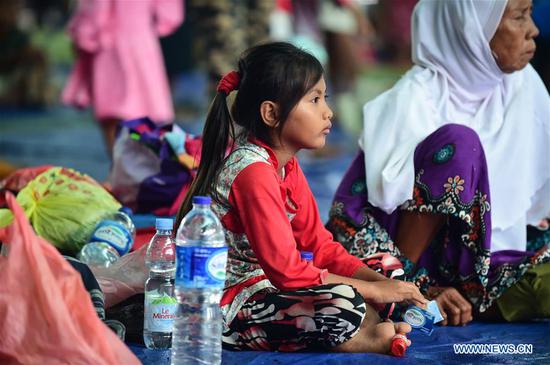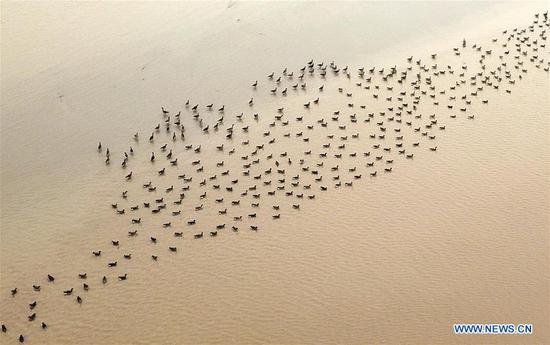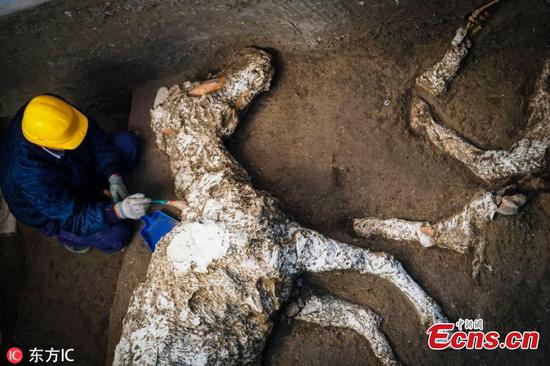China is requiring all universities and research institutes to report illegal gene-editing experiments, a month after Chinese scientist He Jiankui's gene-edited babies sparked ethnic concerns around the world.
The notice from the Department of Science and Technology (DST) under the Chinese Ministry of Education (MOE) requires the reporting of all illegal experiments - considered those that allow edited genes to survive more than 14 days - that were conducted after January 1, 2013.
The notice was made public on Tuesday on the website of the South China Agricultural University (SCAU) in Guangzhou, South China's Guangdong Province, which is requiring relevant departments at the university to submit results by Thursday noon.
SCAU told the Global Times on Thursday morning that it has not yet received any report of illegal gene-editing experiments.
The MOE requires all schools of higher learning across the country to report their results by December 31.
The notice is focused on post-secondary schools that conducted research with affiliated hospitals, international cooperative projects and other projects concerning human genetics.
A staff member from the science and technology department of the SCAU who asked not to be named told the Global Times on Thursday that its experiments are conducted on plants and animals not humans.
The staff member said supervision of its bioscience experiments has been tightened since the gene-editing controversy was reported in November.
"More surprise inspections have been conducted recently by both national and provincial authorities," said the staffer.
He Jinakui, a scientist from the Southern University of Science and Technology, said on November 26 he had created the world's first gene-edited twins. The case made global headlines, sparking profound ethical concerns.
Chinese authorities launched an investigation into the case on November 29 but have not reported their results.









